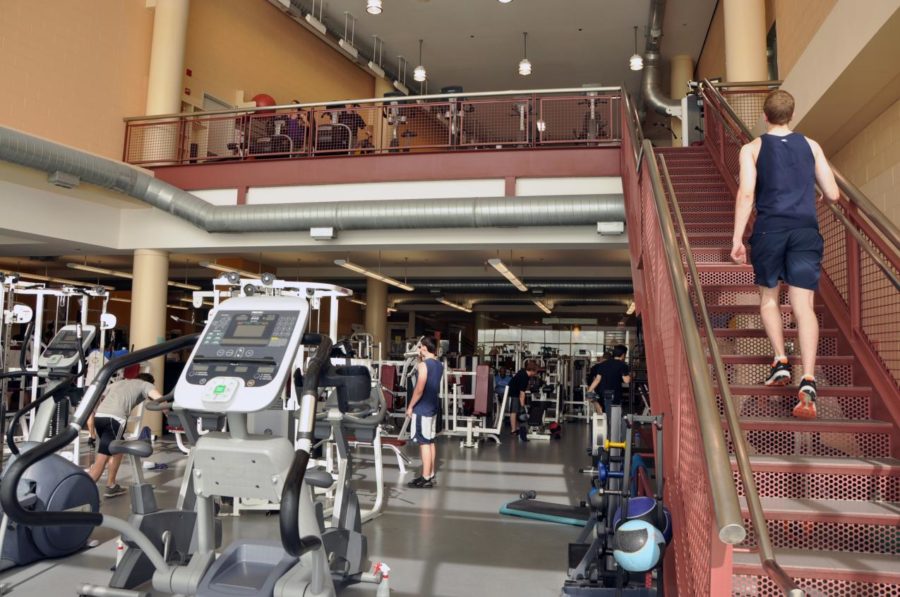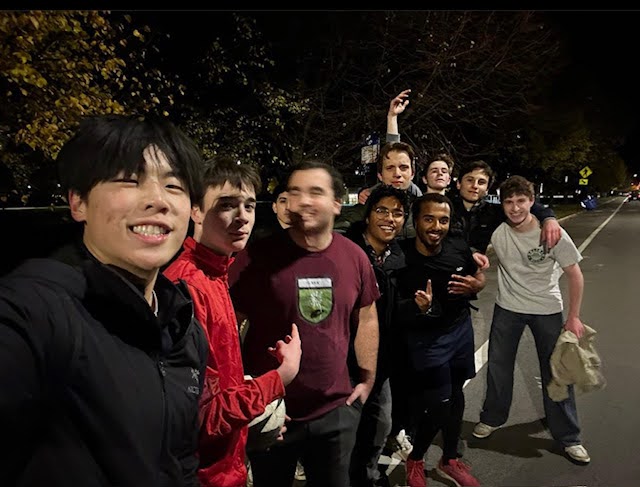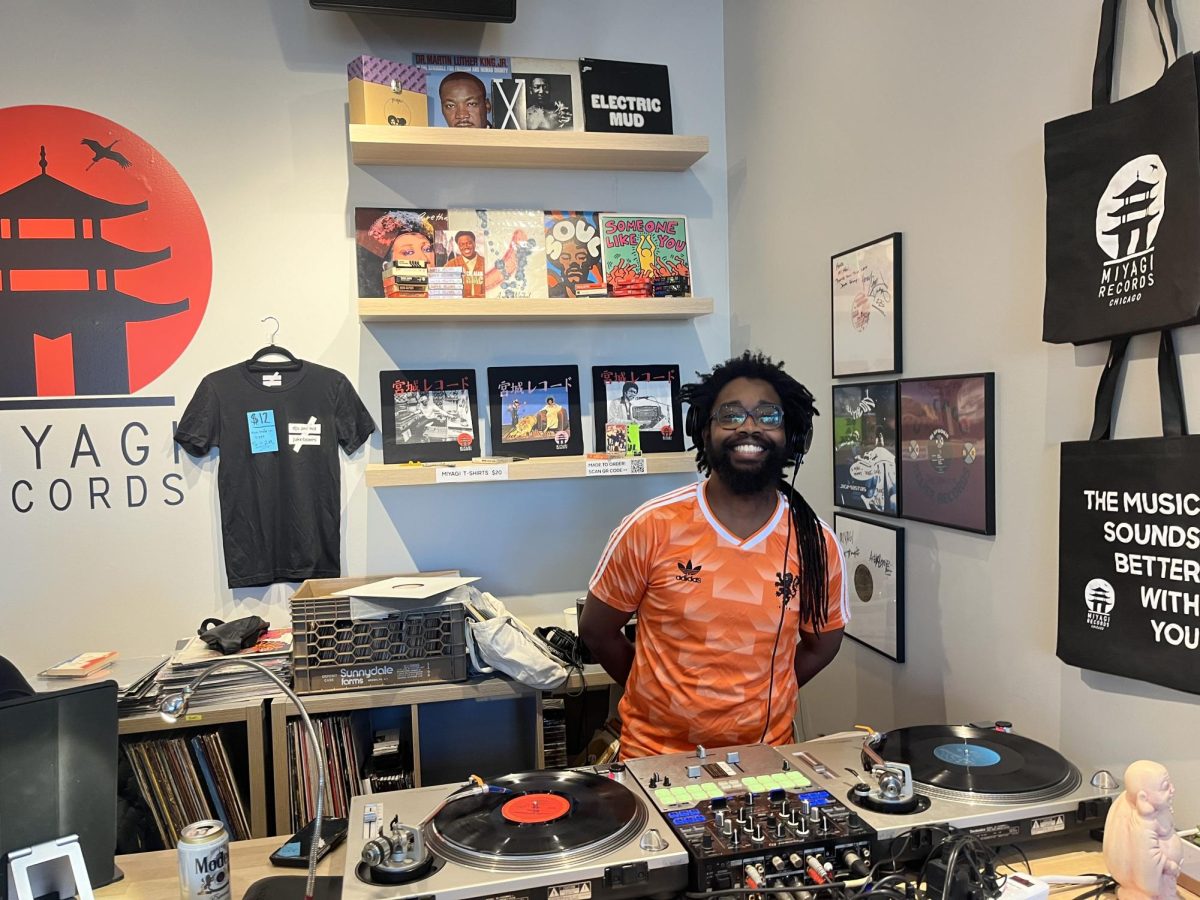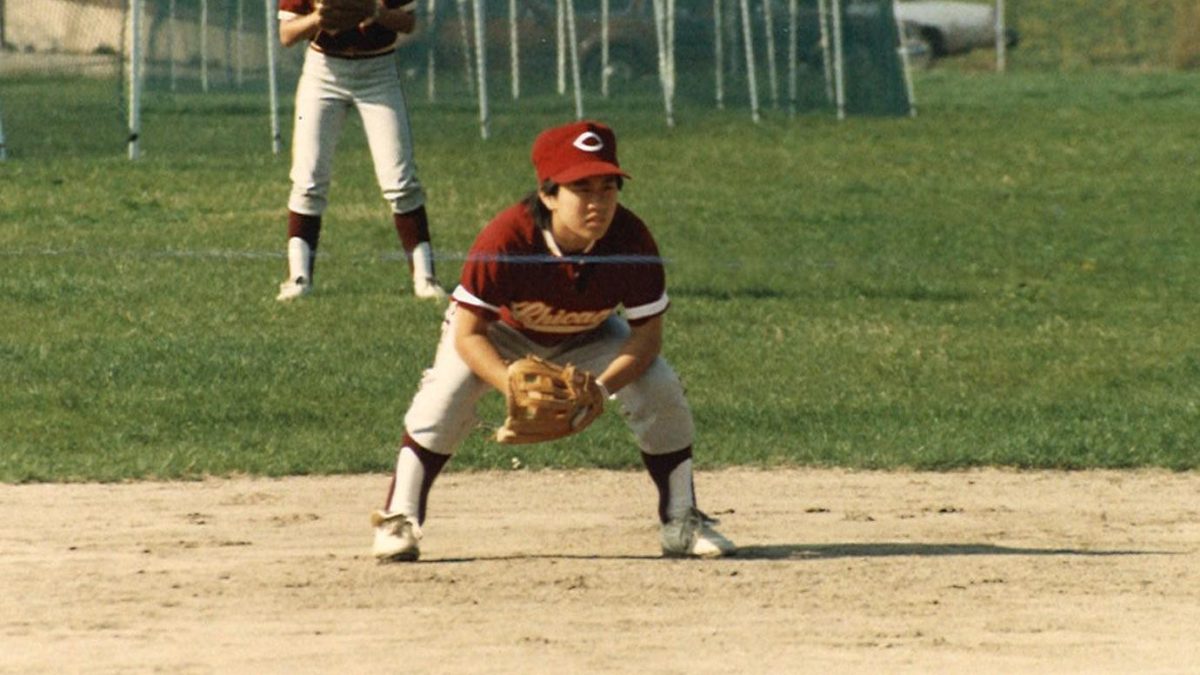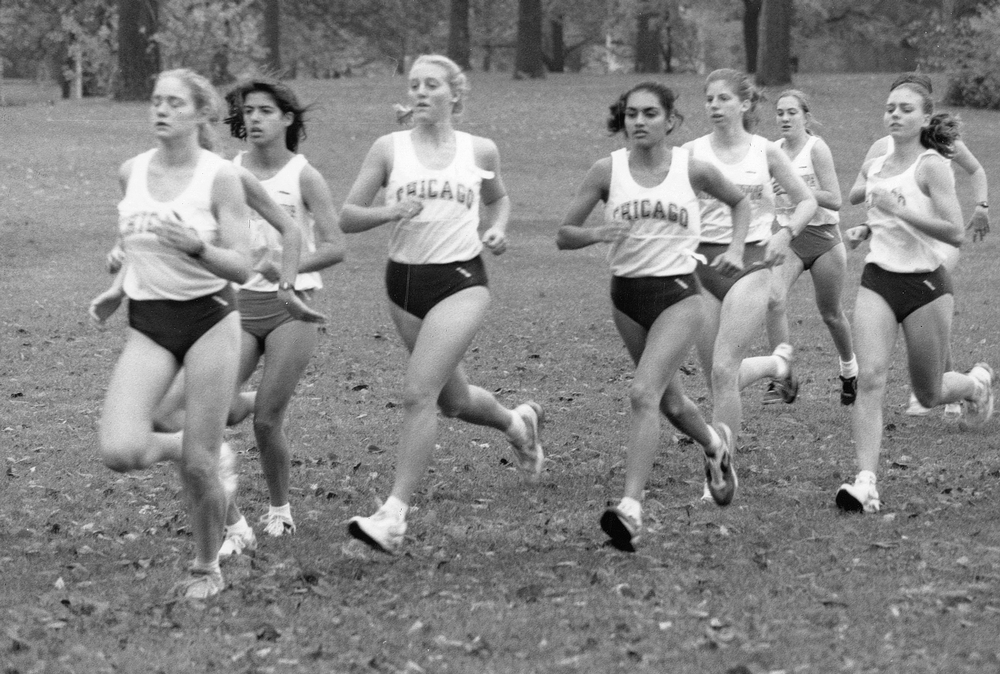The days and weeks leading up to the July 31 trade deadline is one of the few events in baseball that every team can participate in, whether good, decent, or atrocious. At this point in the year, every team is in one of these three categories, and they all have their role to play in this little game.
The good teams already have the pieces in place to have a shot at winning it all, and are usually content to settle for a minor trade, at most.
The decent teams, who have no real chance at winning it all, but are still well in contention to make the playoffs and possibly past the first round, feel an obligation to make a token trade to appease fans, well aware that they’re just rearranging deck chairs on the Titanic.
Finally, the atrocious teams were mathematically eliminated from the playoffs about two weeks into the season and are only too eager to unload any of their decent players (and their salaries) for the traditional “bag ‘o prospects to be named later,” in the hope that one day these prospects will be good enough to trade for more prospects.
That being said, though it might seem that fans of every team have some interest in the annual midseason dealings, it really is surprisingly rare for a July trade to have a significant impact, long-term or short-term, on the prospects of either team involved. Usually, the only players available are inconsistent veterans whose services the acquirer will only get for half a season to a season and a half; naturally, teams are unwilling to trade good prospects, or even mediocre prospects, for these players.
It is unsurprising, then, that most trades are forgotten within a year. Most teams fail to go anywhere with the players they get, who subsequently leave, and the prospects they traded go on to have unremarkable careers, often outside of baseball. With few exceptions, every team to make it to the World Series in recent history has done it without acquiring anyone significant down the stretch.
Take last year as an example; it’s tough to say that the Yankees and Diamondbacks relied on (or even got anything from) Sterling Hitchcock and Albie Lopez, respectively. As for this year, the trades so far have been more of the same. Seriously, does anyone in Cincinnati expect Brian Moehler to lead them to the Promised Land? But even though most midseason trades don’t live up to the hype, there have been four since 1994 to actually have a real impact on one of the teams involved; here they are, to satisfy anyone out there who might be curious.
2000: Philadelphia trades P Curt Schilling to Arizona for 1B Travis Lee and P Nelson Figueroa, P Omar Daal, and P Vicente Padilla. Curt Schilling went 5-6 with a 3.69 ERA after being traded in 2000, and Arizona missed the playoffs. Luckily for the Diamondbacks, he was signed through 2001. For anyone who missed it, Schilling went 22-6 with a 2.98 ERA during the regular season and 4-0 with a 1.12 ERA in the playoffs en route to being named co-World Series MVP last year, and he has already won 17 games this year. As for the Phillies, Figueroa and Daal are both gone, and Lee has been a disappointment. The only saving grace for Philadelphia has been Padilla’s (10-6, 3.36 ERA) All-Star effort this year.
1998: Seattle trades P Randy Johnson to Houston for P Freddy Garcia, P John Halama, and SS Carlos Guillen. Randy Johnson was nothing short of amazing after being traded, going 10-1 with a 1.28 ERA and leading the Astros to the NL Central title. Despite having two strong outings in the NLDS against the Padres, he was unable to garner any run support, went 0-2 with a 1.93 ERA in the postseason as Houston made a hasty exit from the playoffs, and made his own hasty exit from Houston. In return, the Mariners received their future ace, Freddy Garcia, their future starting shortstop, Carlos Guillen, and bullpen horse John Halama (4-3, 2.48 ERA).
1997: Boston trades P Heathcliff Slocumb to Seattle for P Derek Lowe and C Jason Varitek. This trade might rank as the best the Red Sox have ever made, dumping an aging reliever for two of the Mariners’ top prospects. Slocumb, brought in to shore up the Seattle bullpen, did no such thing, going 0-4 to close the season, as Seattle lost in four to the Orioles in the ALDS. In his short career with the Mariners, Slocumb was 2-9 with an ERA around 5, and on top of that, he earned $3 million a year for his efforts. Boston received closer/ace Derek Lowe, who has made the All-Star game twice in the last three years, and a starting catcher in Jason Varitek.


